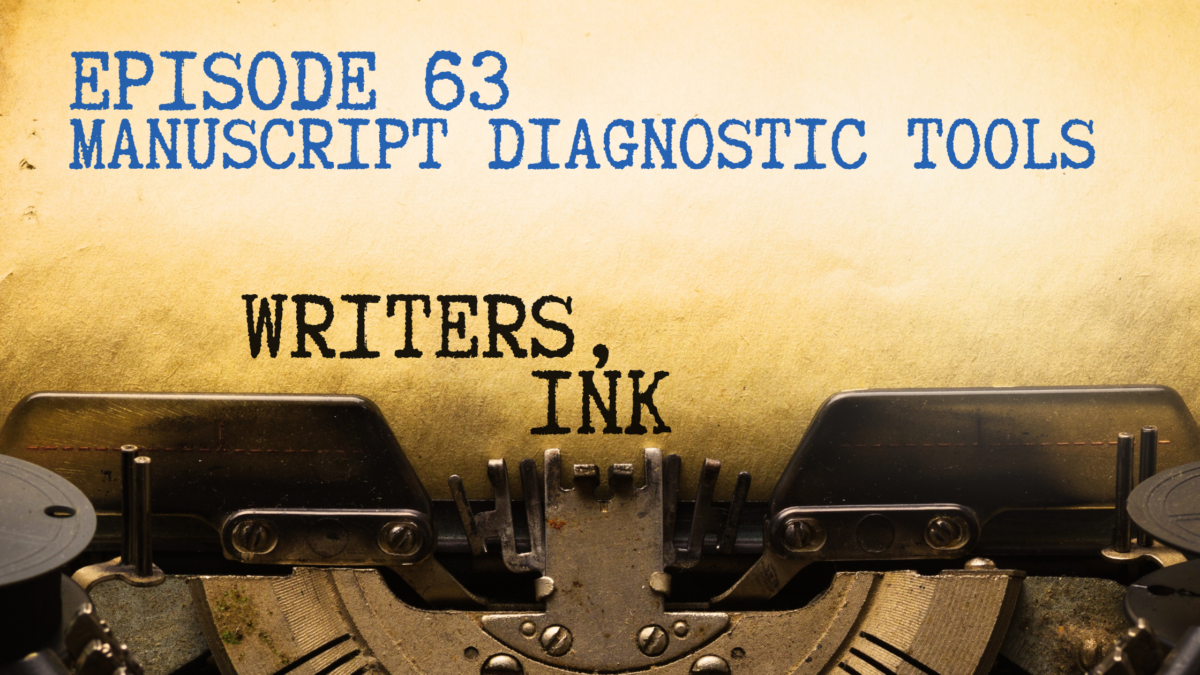

A Manuscript Diagnostic Tool: Story Rubric and Nonfic Rubric
In this episode, J, J.D., and Zach talk about setting parameters for writing excellence using Story Rubric and Nonfic Rubric.
Whether you’re traditionally published or indie, writing a good book is only the first step in becoming a successful author. The days of just turning a manuscript into your editor and walking away are gone. If you want to succeed in today’s publishing world, you need to understand every aspect of the business – editing, formatting, marketing, contracts. It all starts with a good book, then the real work begins.
Join international bestselling author J.D. Barker and indie powerhouses, J. Thorn and Zach Bohannon, as they gain unique insight and valuable advice from the most prolific and accomplished authors in the business.
In this episode, you’ll discover:
- An update on Audiblegate
- Why Story Rubric is completely open-sourced
- How the rubric differs from the Three Story Method
- How to use Story Rubric to edit your own manuscript
- The importance of unifying language among authors
Links:
J. D. Barker – http://jdbarker.com/
J. Thorn – https://theauthorlife.com/
Zach Bohannon – https://zachbohannon.com/
Story Rubric – http://storyrubric.com
Nonfict Rubric – http://nonficrubric.com
Proudly sponsored by Kobo Writing Life – https://kobowritinglife.com/
Music by Nicorus – https://cctrax.com/nicorus/dust-to-dust-ep
Voice Over by Rick Ganley – http://www.nhpr.com and recorded at Mill Pond Studio – http://www.millpondstudio.com
Contact – https://writersinkpodcast.com/dev/contact/
*Full disclosure: Some of the links are affiliate links.





Christopher Wills
5 years ago
Morning guys. The rubrics are a great idea. As a former Physics teacher I always felt sympathy (well, a tiny bit…) for English teachers who had to mark essays. I could set Physics homework that might take a couple of hours to do but would only take me 2 minutes to mark.
At first glance the rubrics look like they cover almost everything; however a couple of initial observations.
Fiction – all the elements of a good story are covered but not the quality of writing which is often the thing that elevates a mundane story that ticks all the right boxes to being a great story. Maybe a box about ‘Voice’ or ‘Writing Quality’ would cover this.
Non-fiction – I think ‘Authenticity’ is unnecessary and sometimes overplayed. It bears little relationship to whether a book is of any use or any good to a reader. And Authenticity would disqualify some writers from writing on topics even if they have something new to say or a great new idea. And obviously, authenticity does not guarantee a good book; some people can’t write. I suggest it is more applicable to the academic world where nobody cares about the quality of the book or the writing as long as the research and presentation is good.
But these are pedantics; the rubrics are a great idea and I love what you are doing with them.
J. Thorn
5 years ago
Thank you! I appreciate the feedback.
S.A. Schneider
5 years ago
Chris – question – how would you rate/grade Voice? I read your comment a couple times but can’t wrap my head around how to accomplish this – curious as to your further thoughts.
Also – I’d really love to chat with you some. I’m writing some stories and delving into physics in them – would love to have someone to ask a couple questions to make sure I am getting things right. Unfortunately, I don’t have a good background in physics – which is kind of an interesting story for some time.
Stop Worrying, Start Selling. Change Your Author Mindset With Sarah Painter | The Creative Penn
5 years ago
[…] and is now the most popular podcast platform [The Drum]; Story Rubric and Non-Fiction Rubric on The Writers Ink Podcast; How to get paid for poetry [Ask ALLi]; plus, we're still in lockdown here in the UK, so you can […]
David
5 years ago
Hi.
Read your Story Rubric with interest – it’s fantastic, thank you! One thing puzzled me. What is a saidism?
Thanks
J. Thorn
5 years ago
Hi David. A saidism is a word used in place of said, such as yelled, whispered, or screamed. Generally frowned upon.